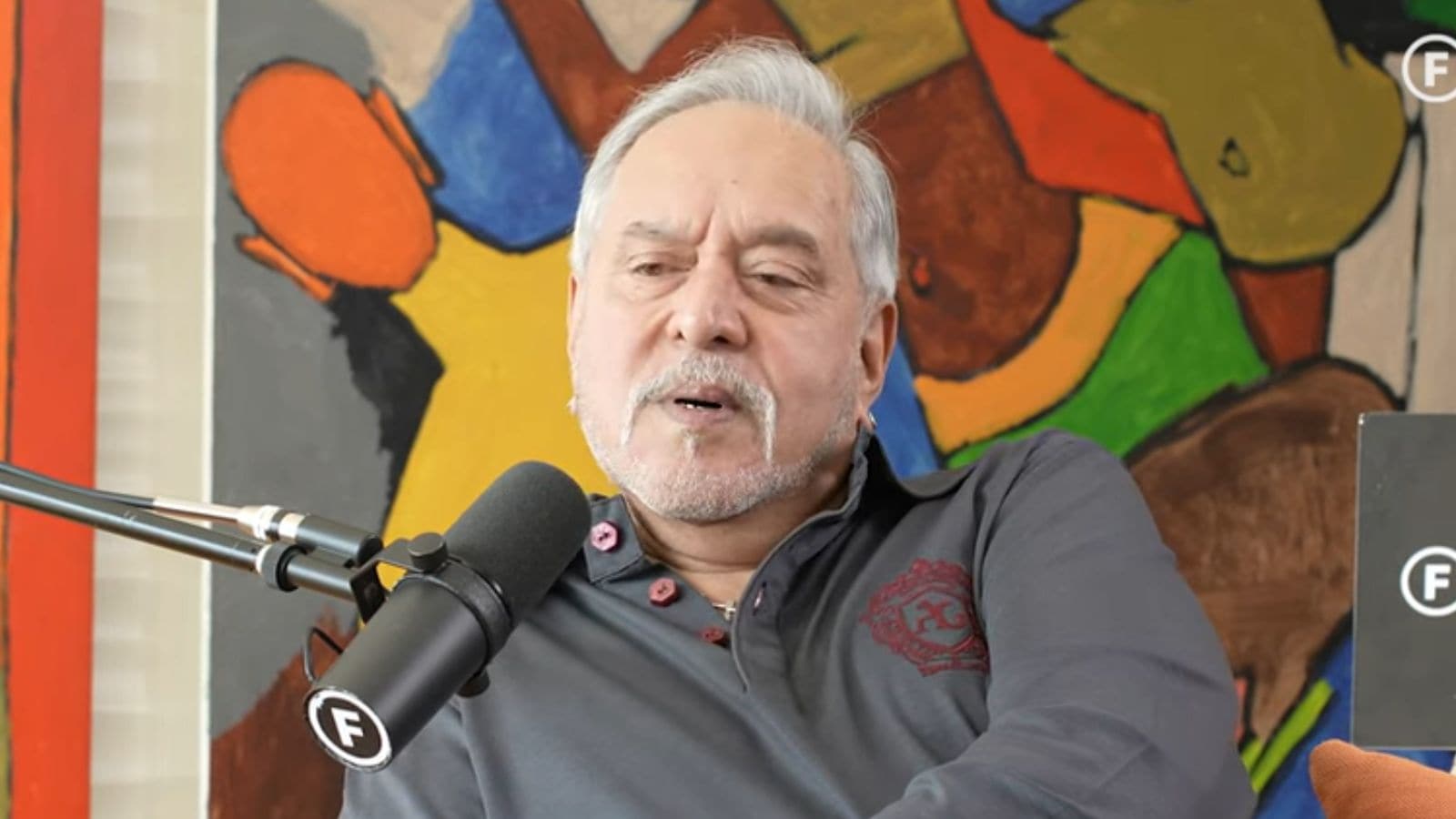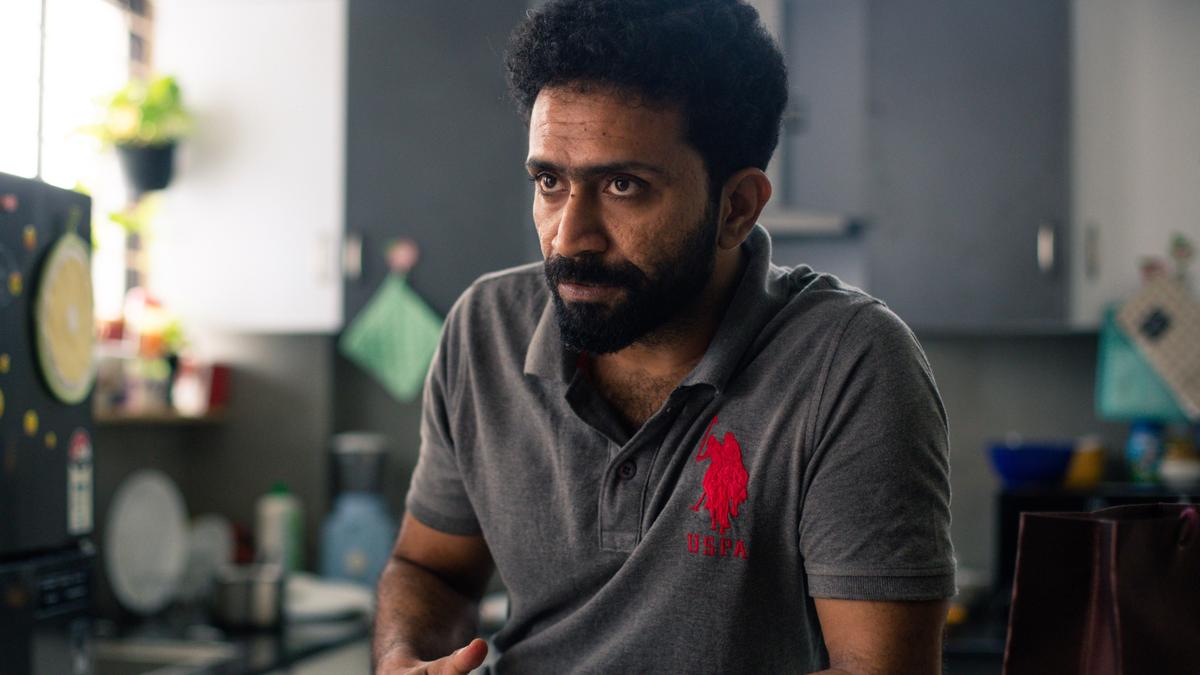ARTICLE AD BOX
Last Updated:June 04, 2025, 18:23 IST
The health ministry's decision comes after years of complaints from patients about repeated delays in outpatient departments due to MRs holding extended meetings with doctors

With this move, the government appears to be drawing a firm line between patient care and profit-driven persuasion.
In a move aimed at streamlining healthcare access and protecting the integrity of medical consultations, the Union Health Ministry has imposed a blanket ban on the entry of medical representatives (MRs) into all government-run hospitals, including prestigious institutions like the All India Institute of Medical Sciences (AIIMS).
This directive, issued by the Directorate General of Health Services under Dr Sunita Sharma, prohibits pharmaceutical marketing agents from stepping foot on hospital premises. The order instructs hospital administrations to enforce the ban strictly and ensure that representatives no longer disrupt clinical workflows or patient consultations.
The ministry’s decision comes after years of complaints from patients and staff about repeated delays in outpatient departments due to MRs holding extended private meetings with doctors during working hours. These interactions often left long queues of patients waiting outside, exacerbating the already slow pace of government hospital systems.
The circular emphasises that while information about medical innovations remains vital, MRs should now relay details about new drugs, diagnostic techniques, or treatment procedures via email or other digital channels. Physical visits to hospitals are no longer permissible.
Health activists and several watchdog groups have welcomed the move, citing longstanding concerns about unethical practices in pharmaceutical marketing. Investigations and exposes over the years have revealed that many medical representatives allegedly influence prescriptions by offering doctors expensive gifts, foreign trips, or other incentives. Such practices not only compromise clinical judgment but also result in patients being prescribed overpriced or unnecessary medicines.
“It’s an open secret that MRs don’t just come to ‘educate’ doctors; they come to pitch, persuade, and sometimes pressure," said a senior official from the Health Ministry, adding that it wasn’t just about efficiency, but about ethics.
However, Dr Vinay Agarwal, former National President of the Indian Medical Association (IMA), criticised the blanket ban. He argued that instead of total exclusion, the government should regulate MR activity more stringently. “There’s a difference between misuse and utility," he said, adding that many doctors relied on MRs for timely updates about pharmaceutical advancements. If some cross ethical lines, punish them, but don’t shut the door entirely, he said.
Despite dissent from some quarters, the new policy signals a significant shift in how pharmaceutical companies can engage with the public healthcare system. With this move, the government appears to be drawing a firm line between patient care and profit-driven persuasion.
- Location :
- First Published:
News india Govt Bans Medical Reps From AIIMS, Other Centre-Run Hospitals



.png)
.png)
.png)
















 1 day ago
5
1 day ago
5








 English (US) ·
English (US) ·